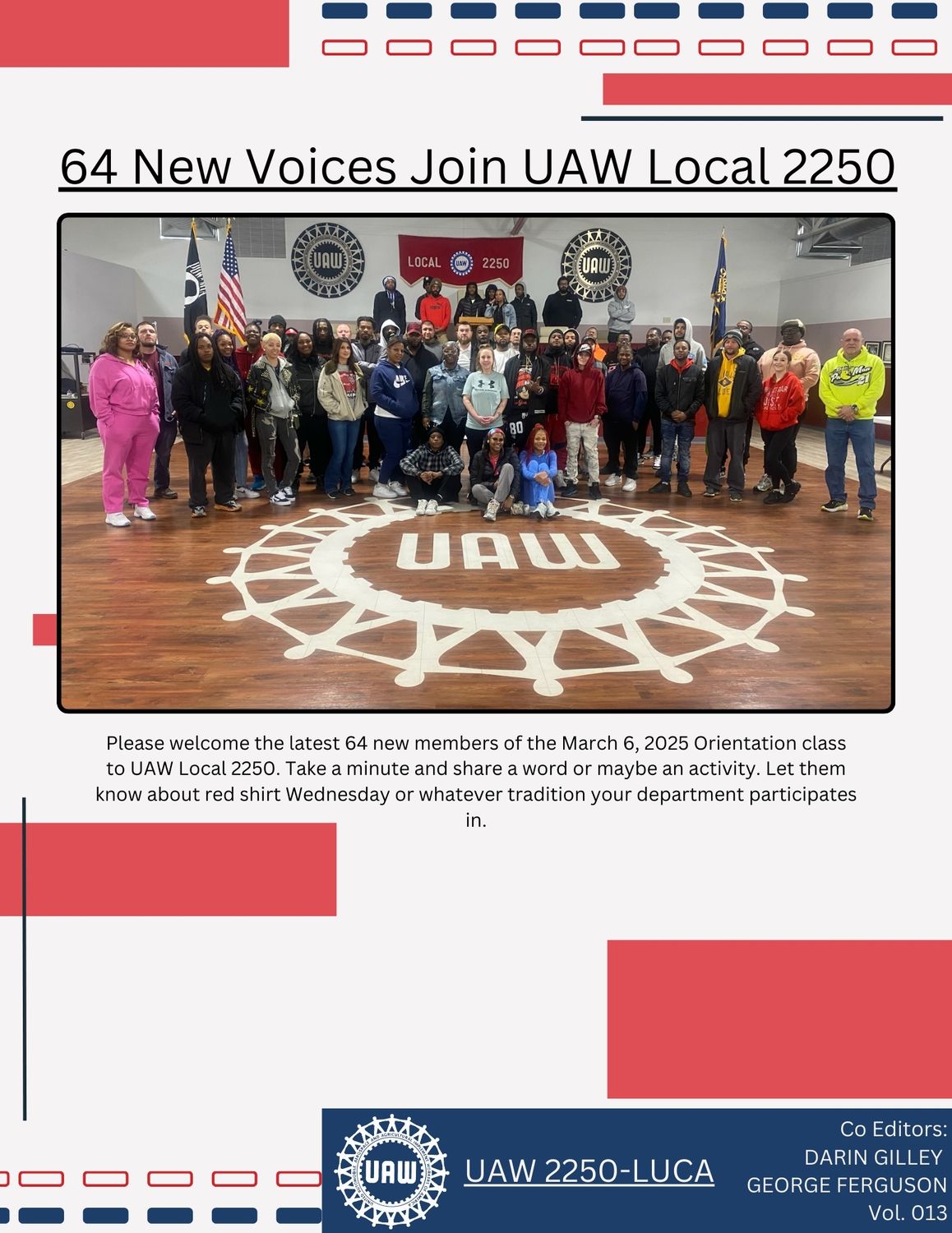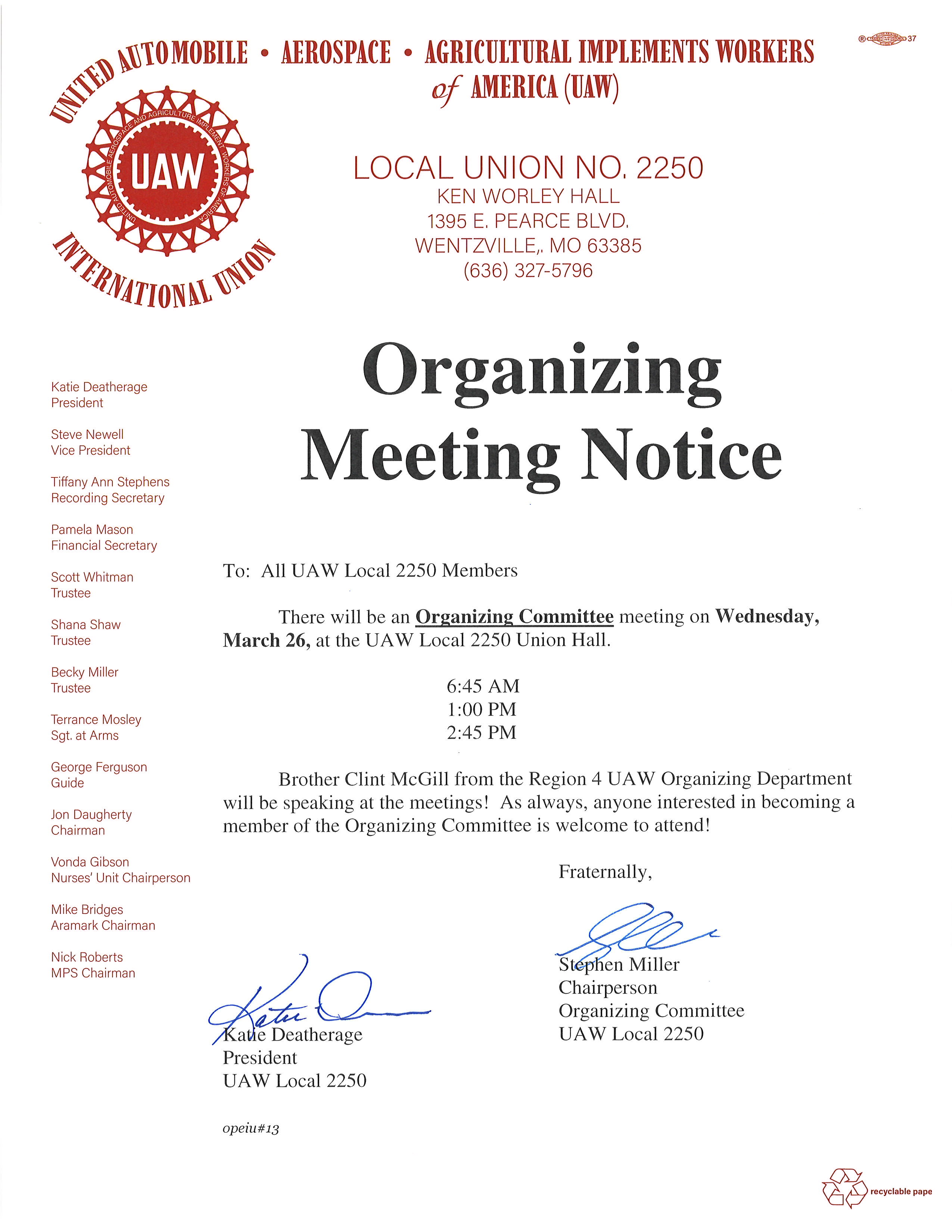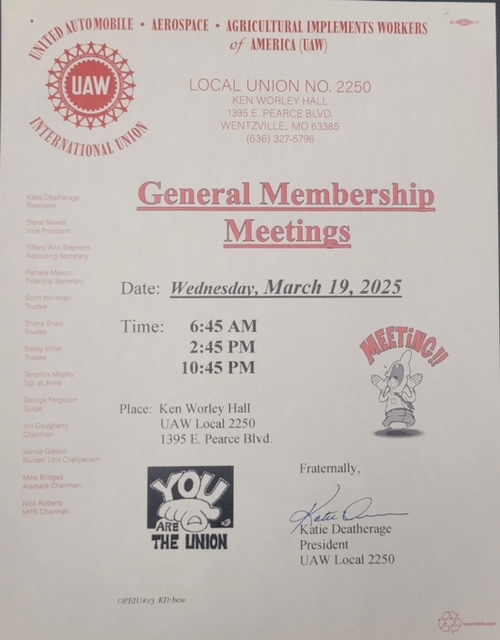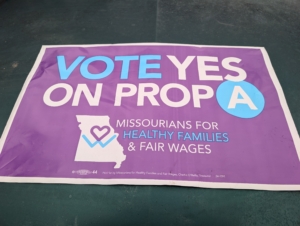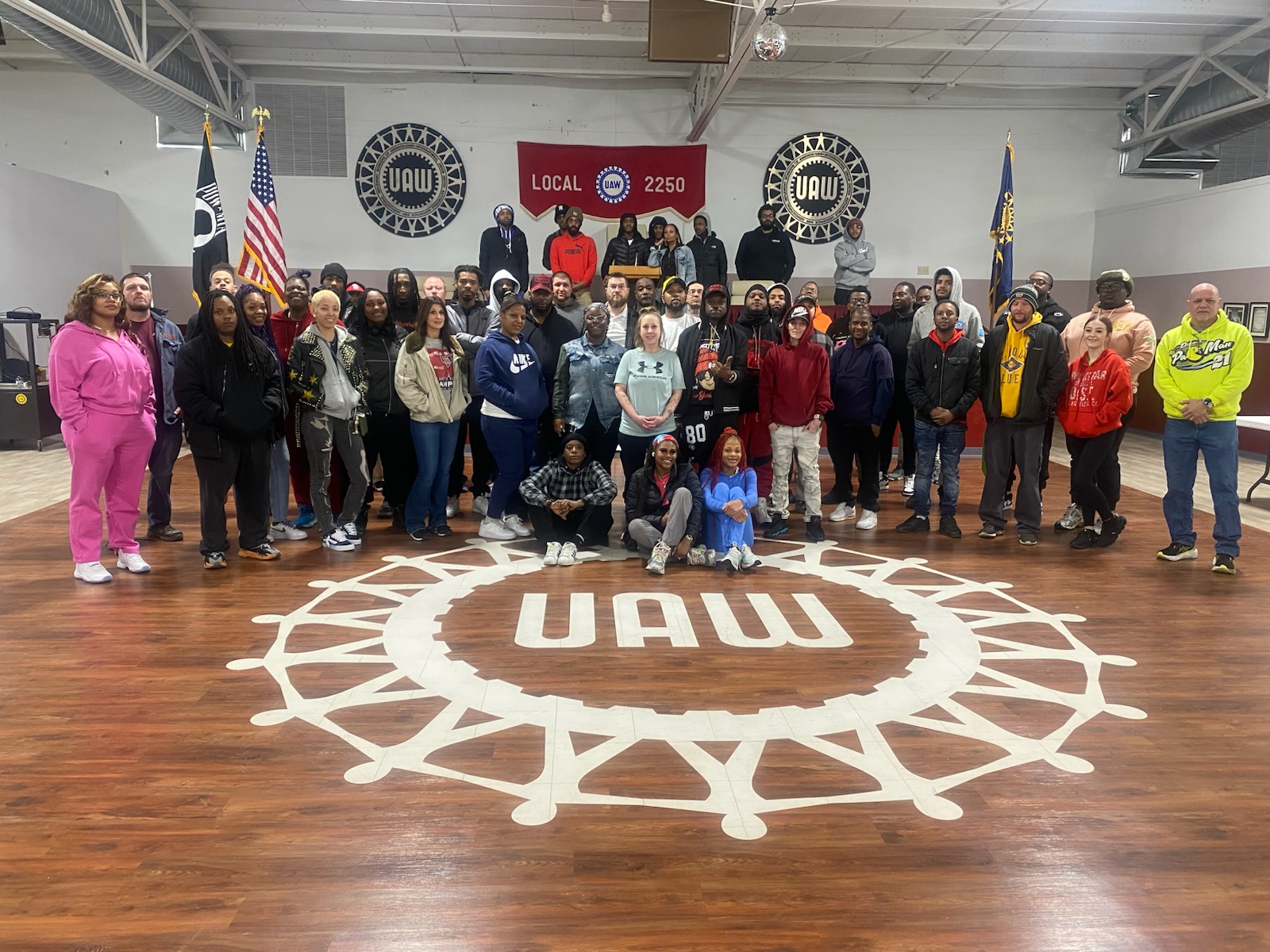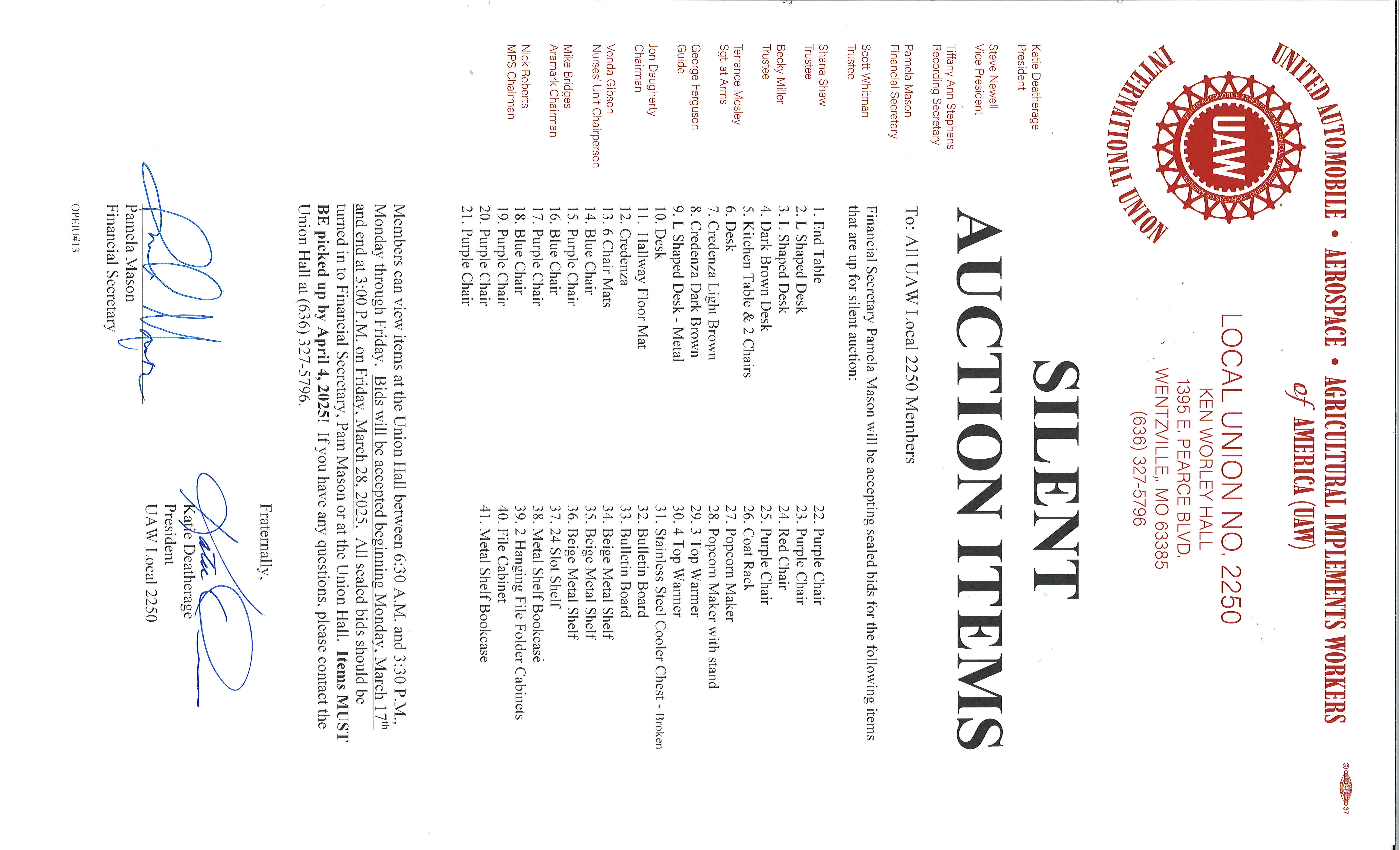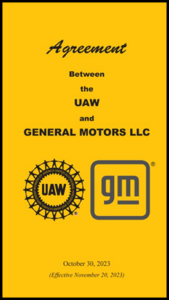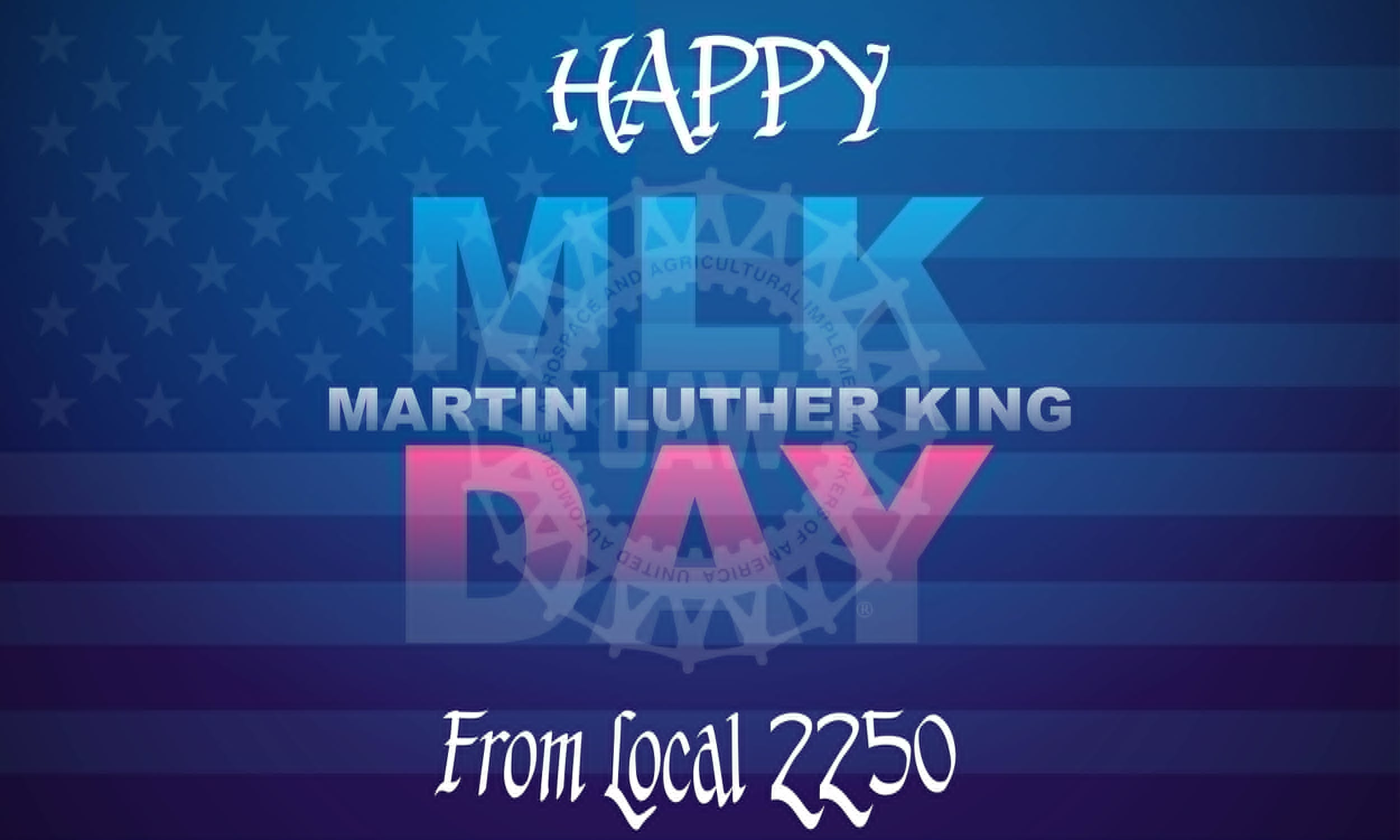-
Shawn Fain, Trump, and Tariffs: What’s The Truth? - 1 day ago
-
Guest Opinion: Lawmakers Shouldn’t Undermine Missouri Voters - March 29, 2025
-
April Showers Bring More Activities! - March 28, 2025
-
The 2025 Missouri AFL-CIO Joint Legislative Report - March 27, 2025
-
P2: Phased Retirement For Tier 2/Progressive Members – A New Trend? - March 23, 2025
-
Sunday Guest Opinion: Education Department Cuts Damage The Working Class - March 22, 2025
-
Newsline #13: New Members, Paid Leave, and The State Capitol! - March 21, 2025
-
Check Out The Organizing Committee! - March 21, 2025
-
Hop To The Hall For a Great Easter! - March 21, 2025
-
The Missouri House of Representatives Goes After YOUR Vote and Benefits - March 20, 2025
Flexible Work: What Workers Really Want
This November, Proposition A, which will provide Paid Leave and raise the minimum wage, will be on the ballot across the state. The Kansas City Star has more details that you can read or listen to if you like….
Missouri voters will decide in November whether to raise the state’s minimum wage to $15 an hour and guarantee paid sick leave for workers.
The measure also requires employers with 15 or more workers to provide one hour of paid sick leave for every 30 hours worked. According to the proposal, the earned sick leave provision would not apply to government workers, retail or service employees who work for a business that makes less than $500,000 a year, people who are incarcerated, golf caddies, and babysitters, among others. Campaigners submitted more than 158,000 valid signatures. The proposal would change Missouri law – not the state constitution – meaning the Republican-controlled General Assembly could eventually repeal the measure if it passes. Missouri voters last approved a minimum wage increase in 2018, when they approved an increase to $12
Proposition A meets a need highlighted by the Economic Policy Institute in their report Flexible work: What workers really want.
Key findings
- Most workers want stable jobs with predictable schedules, wages, and benefits that allow them to meet their family’s needs.
- Low-wage workers, who are predominantly women, immigrants, and people of color, are far less likely to receive paid time off or have schedule flexibility.
- The U.S. lags other industrialized democracies when it comes to paid family and medical leave policies, which are overwhelmingly favored by Democratic and Republican voters alike.
- Companies and employersmisuse the concept of “flexibility” to justify forcing workers to make a false choice between flexibility and basic worker protections.
- Workers with a union are far more likely to have paid time off, schedule certainty, and other benefits they seek.
Why this matters
Allowing employers and companies to distort labor law to their advantage not only harms gig economy, flexible, or part-time workers, it also sets a lower bar for other types of employment and shifts the costs of social insurance programs onto workers and taxpayers.
How to fix it
Policymakers should prioritize providing workplace benefits and protections that offer employees real flexibility with real protections, including paid leave, scheduling fairness, and the strengthened ability to form and join unions.

(Graphic by Clipart.com)







